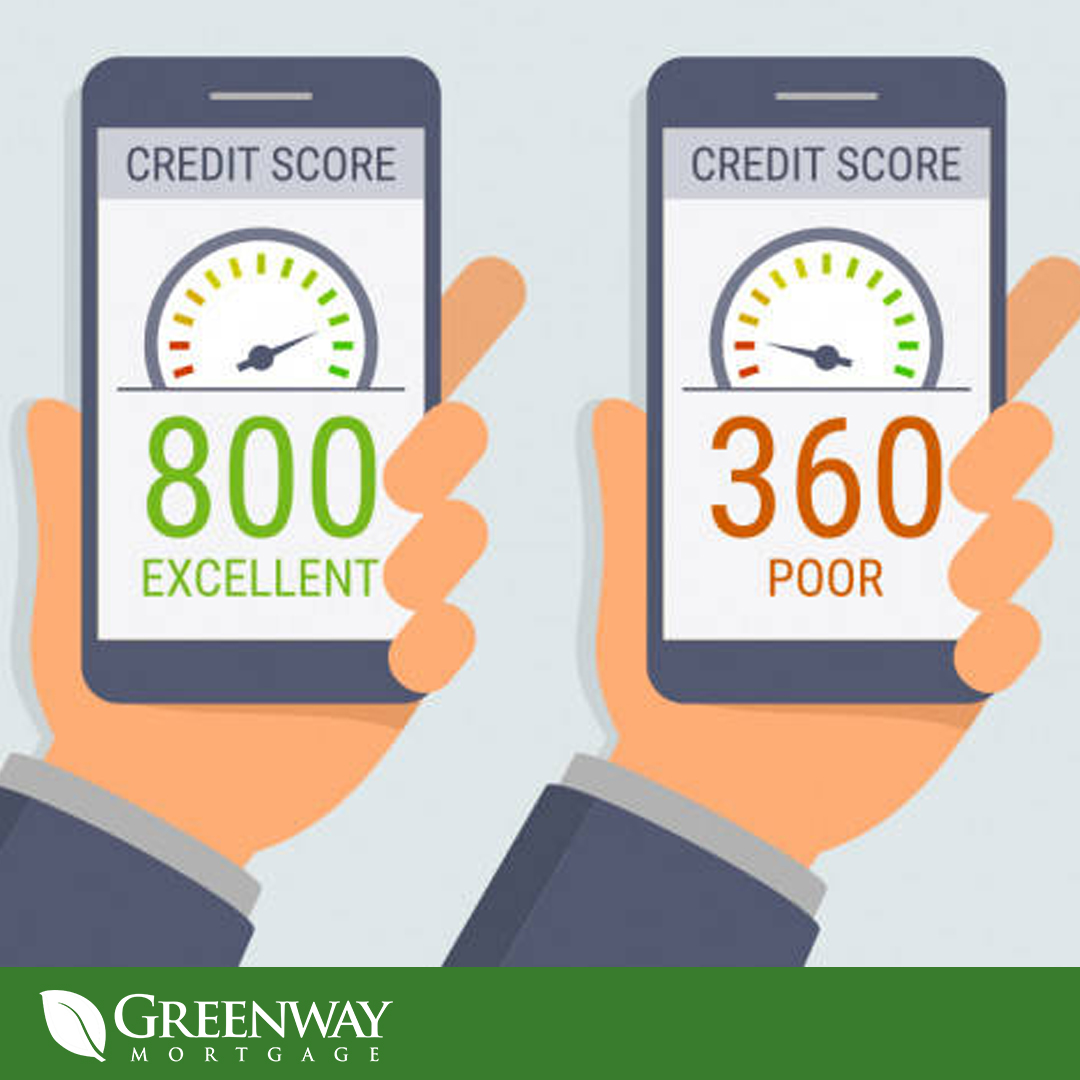
In a previous blog post, we discussed what you need to know about credit scores and their importance in qualifying for a mortgage.
To recap, a credit score is a number that lenders use, along with other information, to determine if someone will qualify for a loan. An algorithm uses data in your credit report to calculate your credit score. Your credit report shows how much you owe, the length of your credit history, your payment history, new credit inquiries, and what kinds of credit you hold, such as auto loans, credit cards and lines of credit.
Each of these factors carries a certain weight when calculating your credit score. Once the numbers are crunched, you end up with a credit score between 300 and 850. The higher the number, the lower the risk, and the more likely you are to qualify for a loan and a lower interest rate.
The whole credit industry is complicated and largely frustrating for the average consumer. What's even more frustrating is the fact that you don’t just have one credit score. You have quite a few of them, and this isn’t common knowledge.
You've probably heard of Experian, Transunion, and Equifax since they're the major credit bureaus but the truth is that the FICO version that Greenway uses for mortgage qualification is different than what you'll see from services such as Credit Karma; which can often be as much as 50 points higher.
If you're curious about the underlying calculations that determine how your FICO scores are calculated, you can see FICO's own explanation of the factors that affect your scores here.
However, we recommend getting started with a prequalification from Greenway directly.




